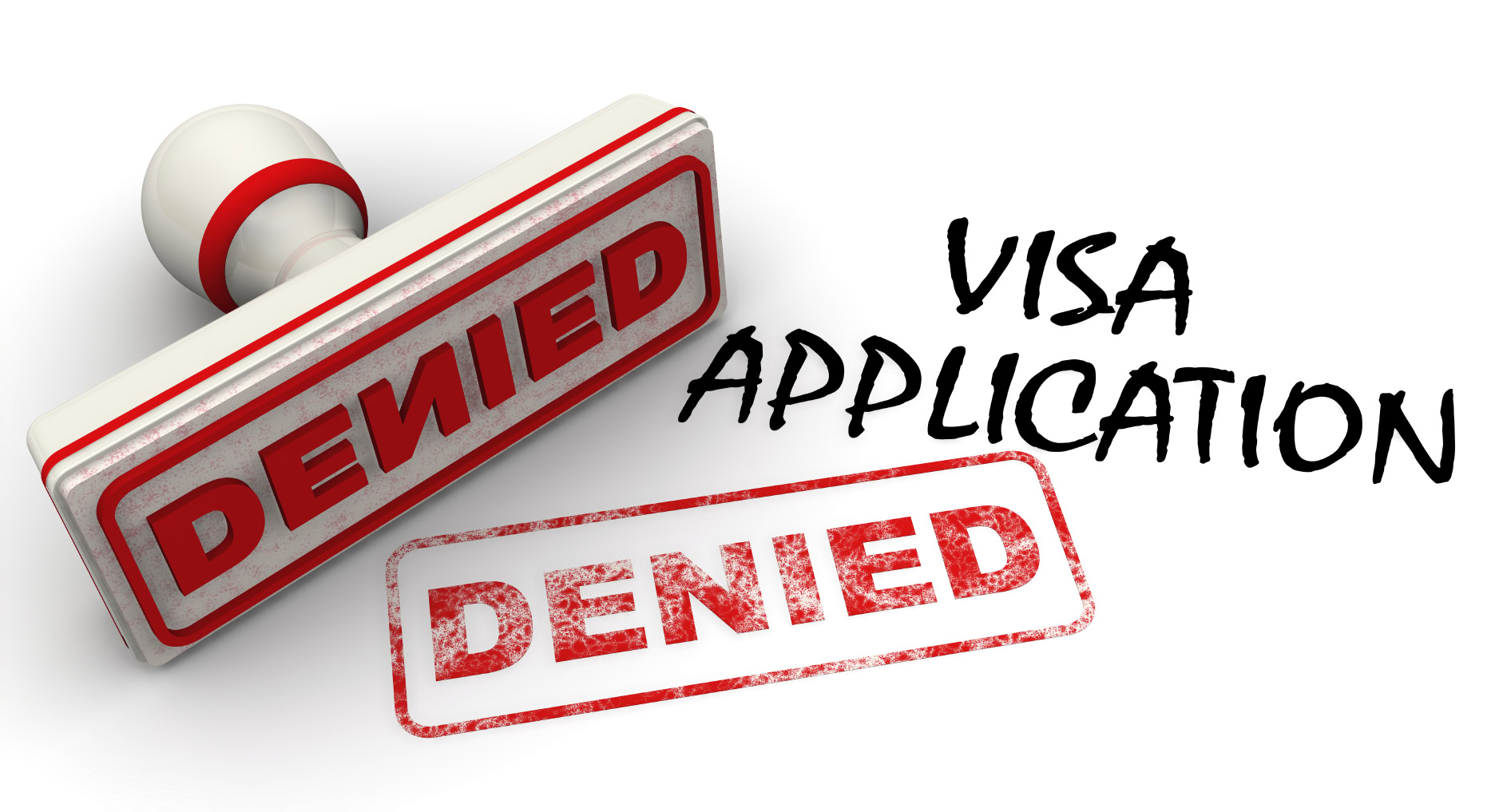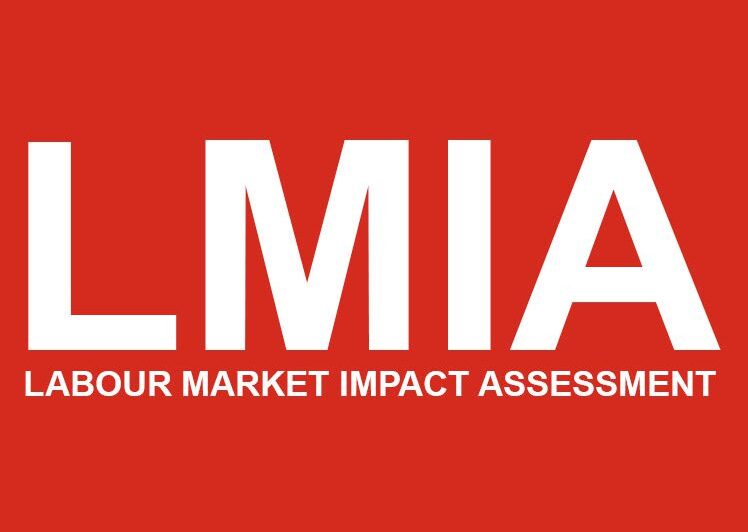Qualifying as a Common Law Partner
Qualifying as a common law partner
Common law partnerships are unique because they cohabitate in a marriage like commitment but are not actually married. Recognizing and assessing these types of partnerships are challenging for Canadian Immigration but is essential. Common law couples must provide sufficient supporting documentation and information in order to prove the genuiness of their relationship to Immigration officers.
To learn more about common law relationships from the immigration side, continue reading below.
What is a common law partnership?
Canadian Immigration holds family reunification as a high priority while diligently assessing and recognizing common law partnerships. Canadian citizens and permanent residents have the ability to sponsor their common law partner to come to Canada for permanent residency. Before this can happen, they must first ensure that they qualify as a common-law partnership or union. In order to be considered common law, you must be together in a marriage like commitment, have combined affairs, be dependent on each other and most importantly must have cohabited together for at least 12 months.
Eligibility Requirements to Sponsor your Common-Law Partner
It is very important for the Canadian sponsor to determine whether they are eligible to sponsor their common law partner before applying. In order to sponsor your common law partner to Canada the sponsor:
- Must be at least 18 years old
- Be a Canadian Citizen, permanent resident of Canada or a Registered Indian
- Permanently reside in Canada or demonstrate the intention to reside in Canada if their common law partner successfully gains permanent resident status in Canada
- Have the financial ability to provide the basic necessities for their partner
- Cannot be inadmissible to Canada
- Both the sponsor and the sponsored partner must sign an undertaking agreement which dictates the sponsor’s commitment of responsibility and support for the sponsored partner.
Once the undertaking agreement has been signed that sponsor is responsible for supporting the partner fully for the next 3 years. This includes financially, physically, emotionally etc. The responsibility of the sponsor is very significant and the sponsor must fully understand what they are committing to before undertaking such responsibility. The sponsor must provide the sponsored common law partner with basic necessities which include:
- Health care
- Dental care
- Food
- Shelter
- Clothing
- Eye care
- And all other necessities which are not provided by the public health system
How to qualify as a common law partnership
Common law unions and common law partnerships are defined as “ a person who has been living with another person in a conjugal relationship for at least one year. It is very important to make sure you and your common law partner qualify as common law partners in terms of Canadian Immigration before submitting an application. The qualifications include:
- Must be cohabitating together for a least 12 months
- Must not have left eachother for more than a short period of time (business trips etc)
- Must be able to demonstrate combined affairs
- Must share a household
Akrami and Associates
Common law applications are difficult applications and attempting to pursue and submit on your own is not recommended. It is recommended to consult with legal representation prior to submitting. Here at Akrami and Associates we work with and have experience with many different immigration matters. We have helped many clients reunite permanently under common law sponsorship. Contact us today to discuss 416-477-2545 info@thevisa.ca
Latest Immigrations News

June 30, 2025
Your Shortcut to Business in Canada: C11 Work Permit
Thinking about launching your business in Canada? Maybe you’ve spotted a gap in the market, or you’re just ready to expand your entrepreneurial journey to one of the most dynamic economies in the world. If that’s you, there’s good news: you don’t need a Canadian employer or [...]

June 24, 2025
Why Canada Visitor Visas Keep Getting Refused And How to Get Approved
Applying for a visitor visa to Canada sounds straightforward on paper. Fill out a few forms, gather your documents, pay the fee, and you’re good to go, right? Unfortunately, that’s rarely how it plays out. Refusals are far more common than most applicants expect. And if you’ve [...]

June 22, 2025
What Happens After Your LMIA Gets Approved?
So, your Labour Market Impact Assessment (LMIA) just got approved? congratulations! That’s a big win, no doubt. But here’s the truth no one emphasizes enough: your journey to working in Canada is only halfway there. A Labour Market Impact Assessment approval is essential, yes, but without a [...]

Book a Conslutation
One of our Representatives will
assist you with your matter. Book Now!
Click here

Call us for
more Information
+1-416-477-2545
Toll Free: 1-877-820-7121
Click here

Write Us (Online Form)
Complete our form and one of our
Representatives will contact you.
Click here
Subscribe To Our Newsletter


